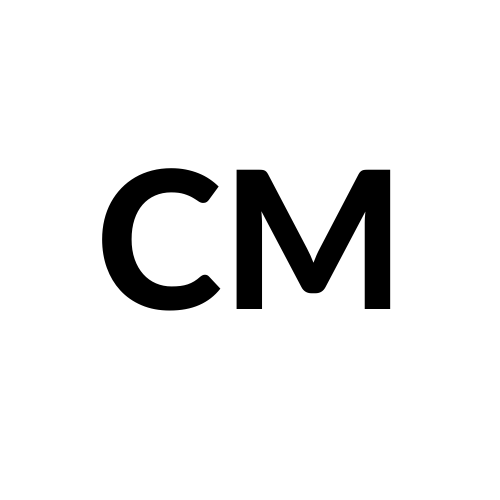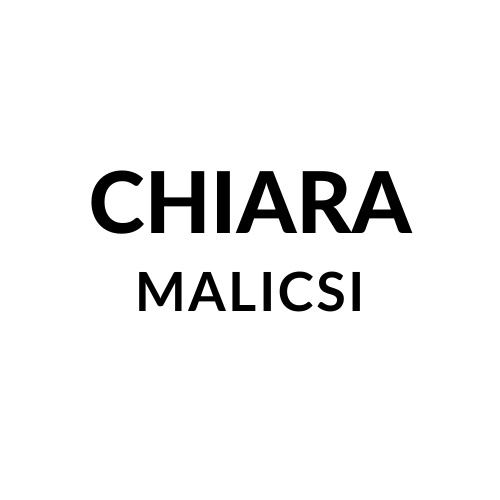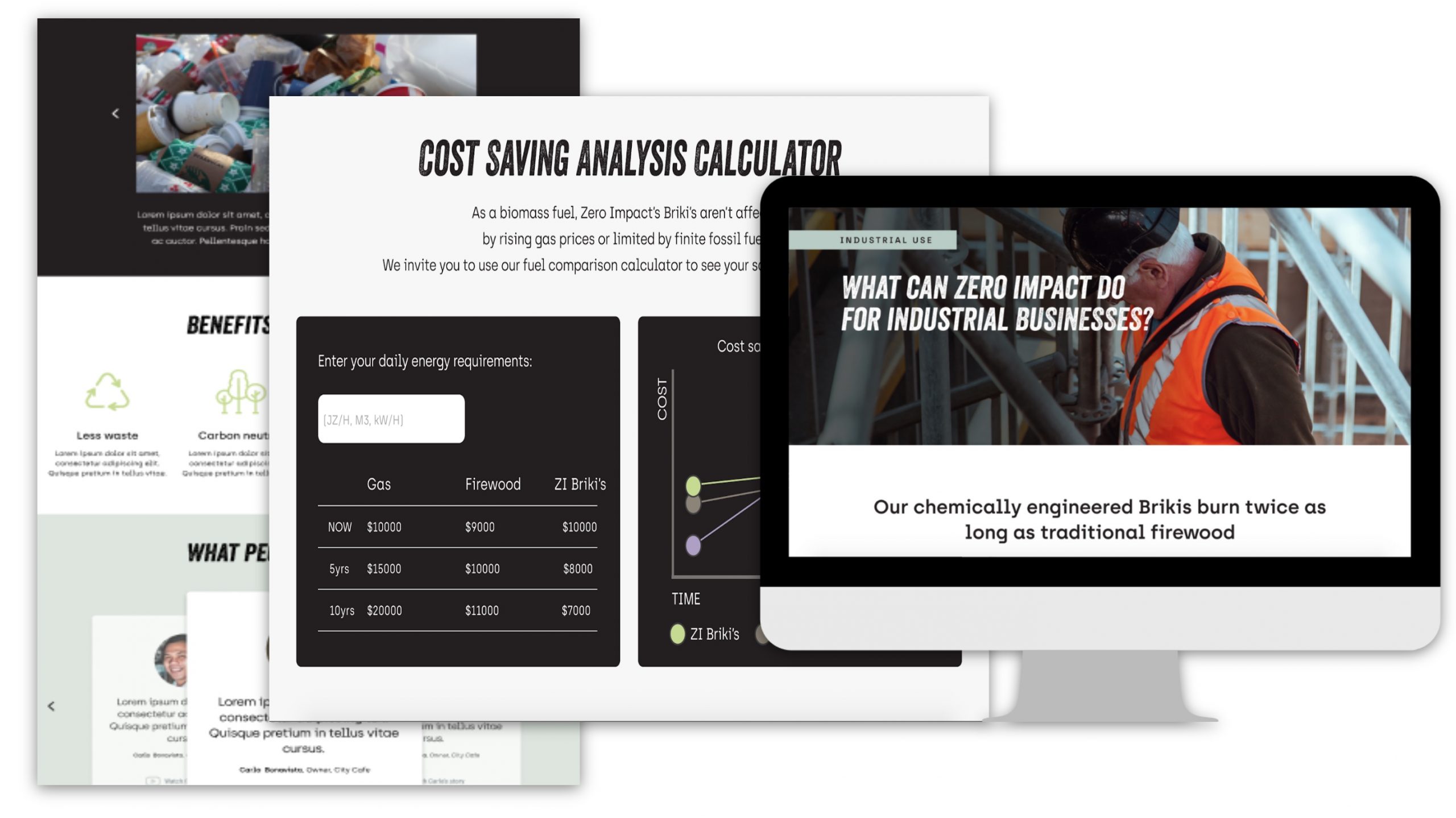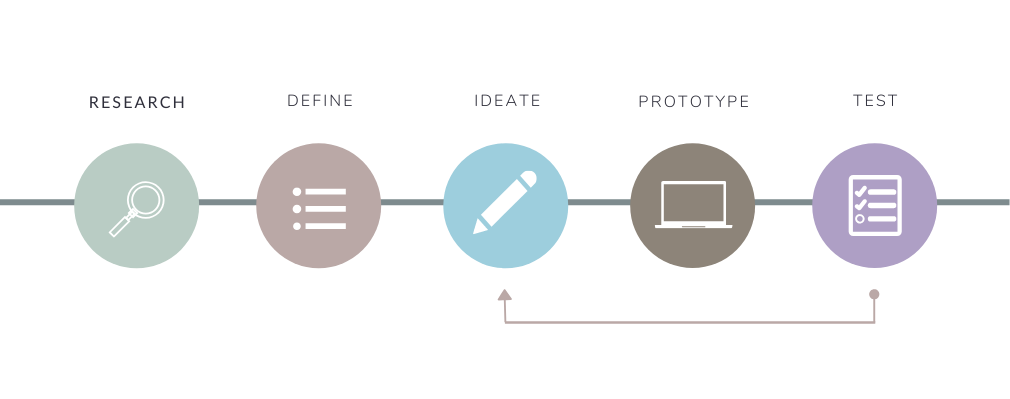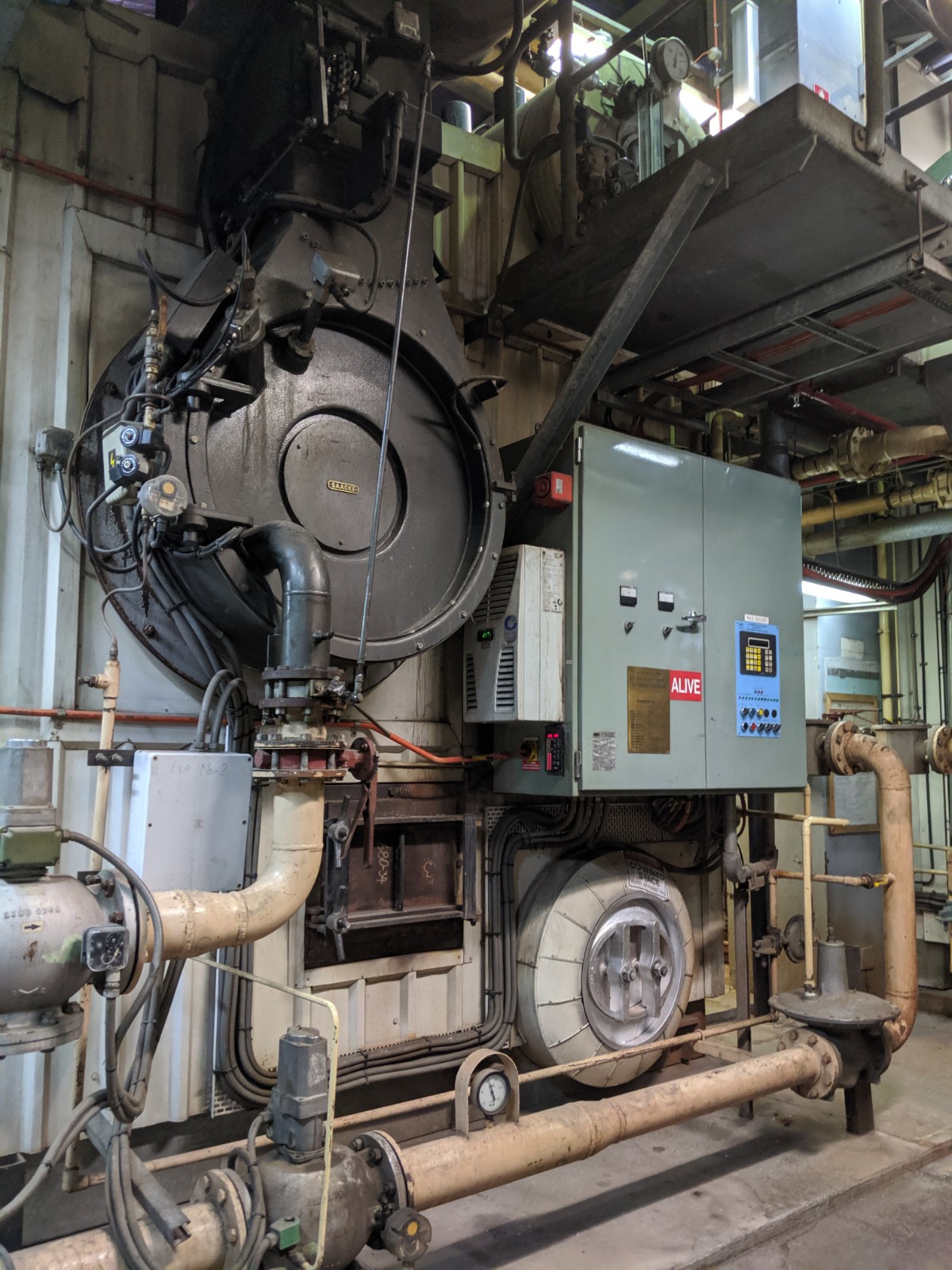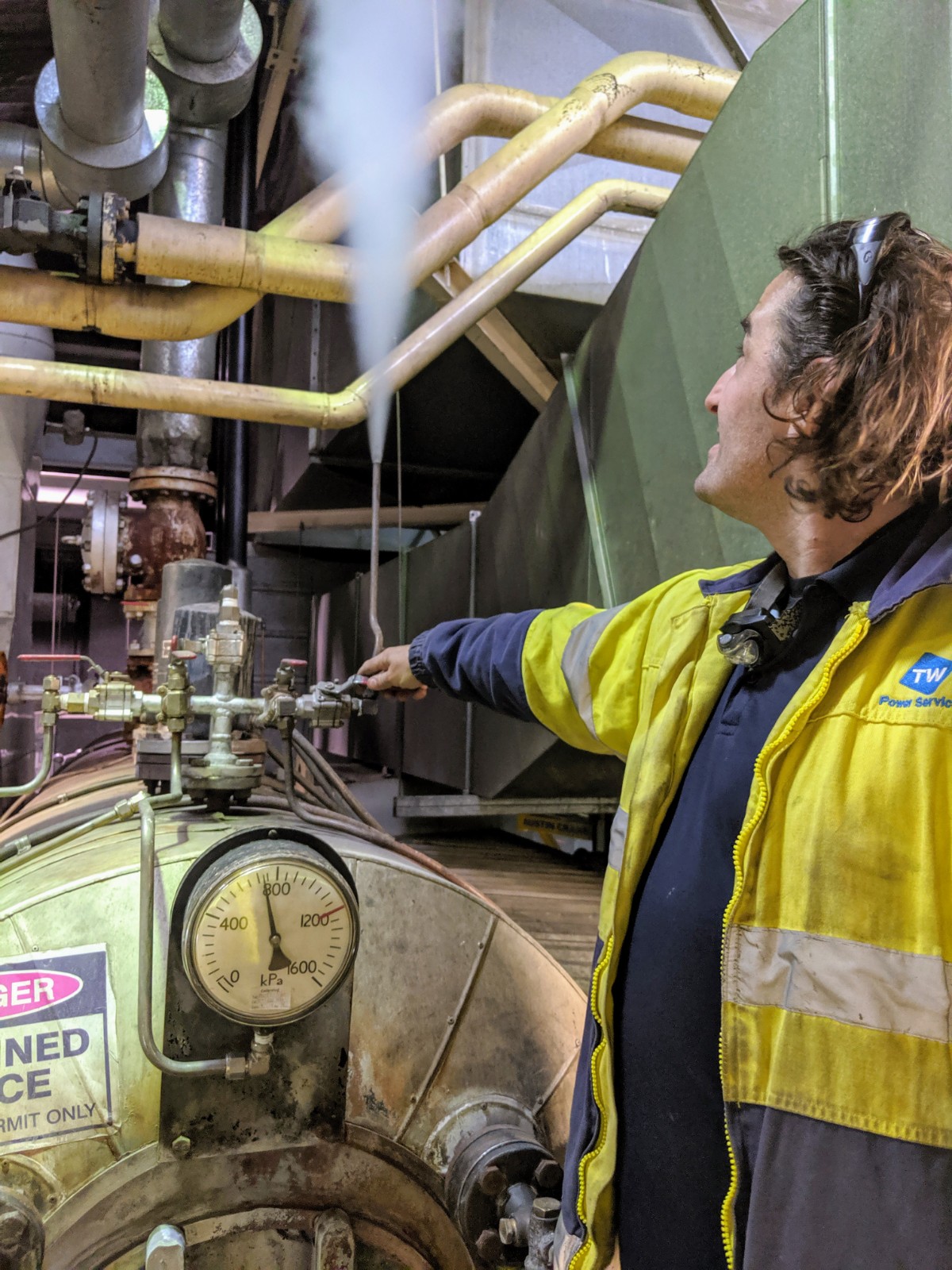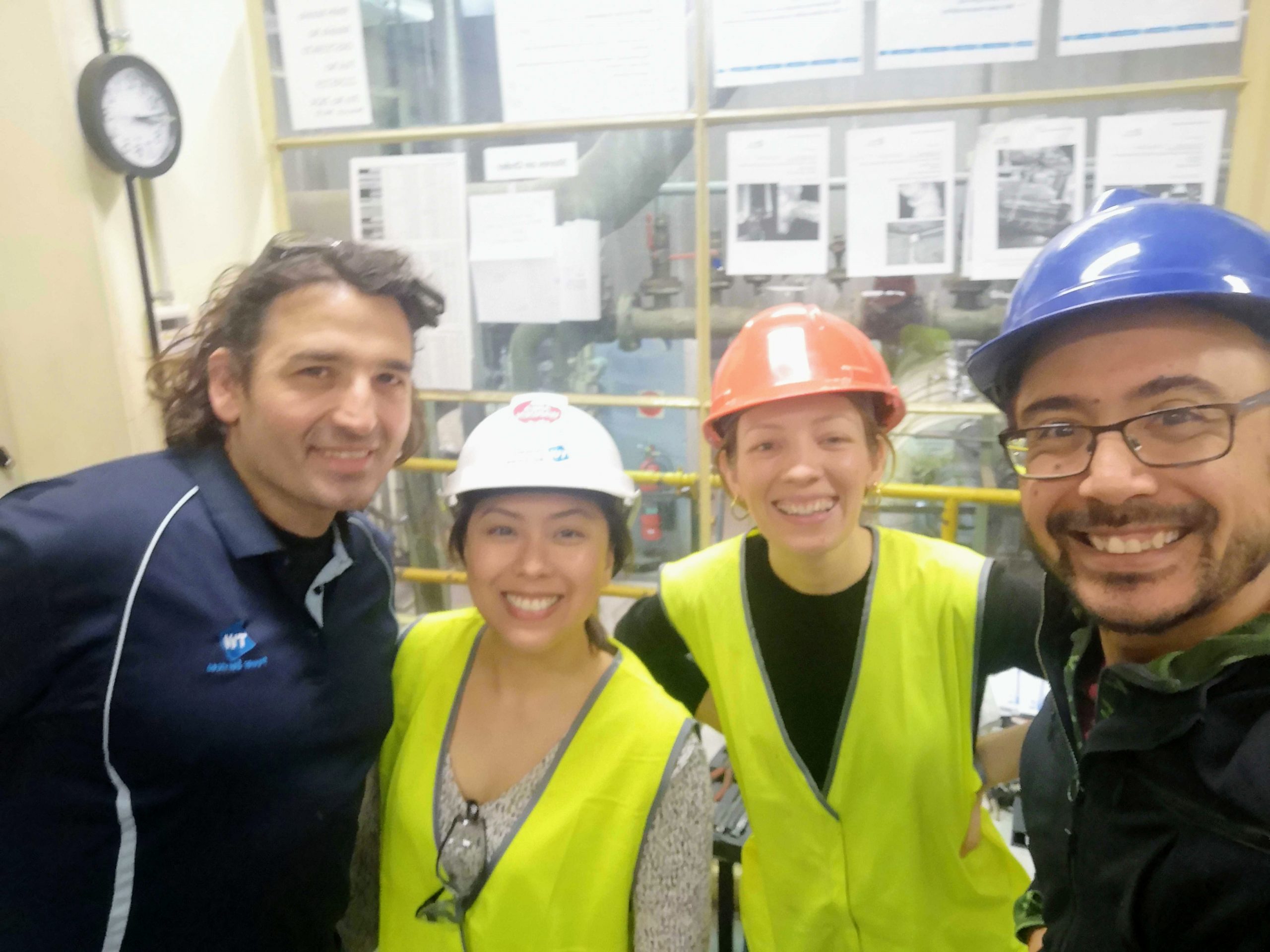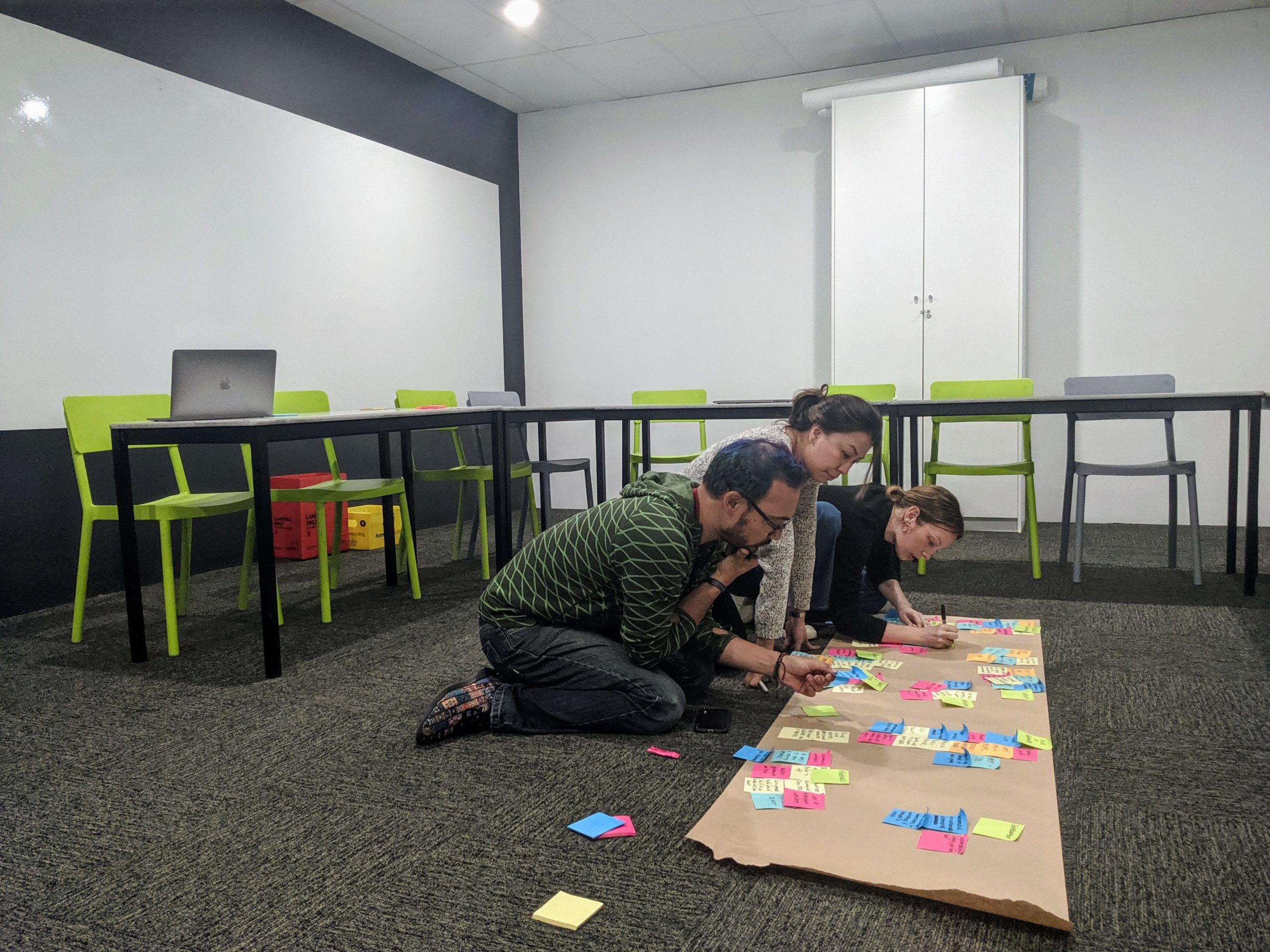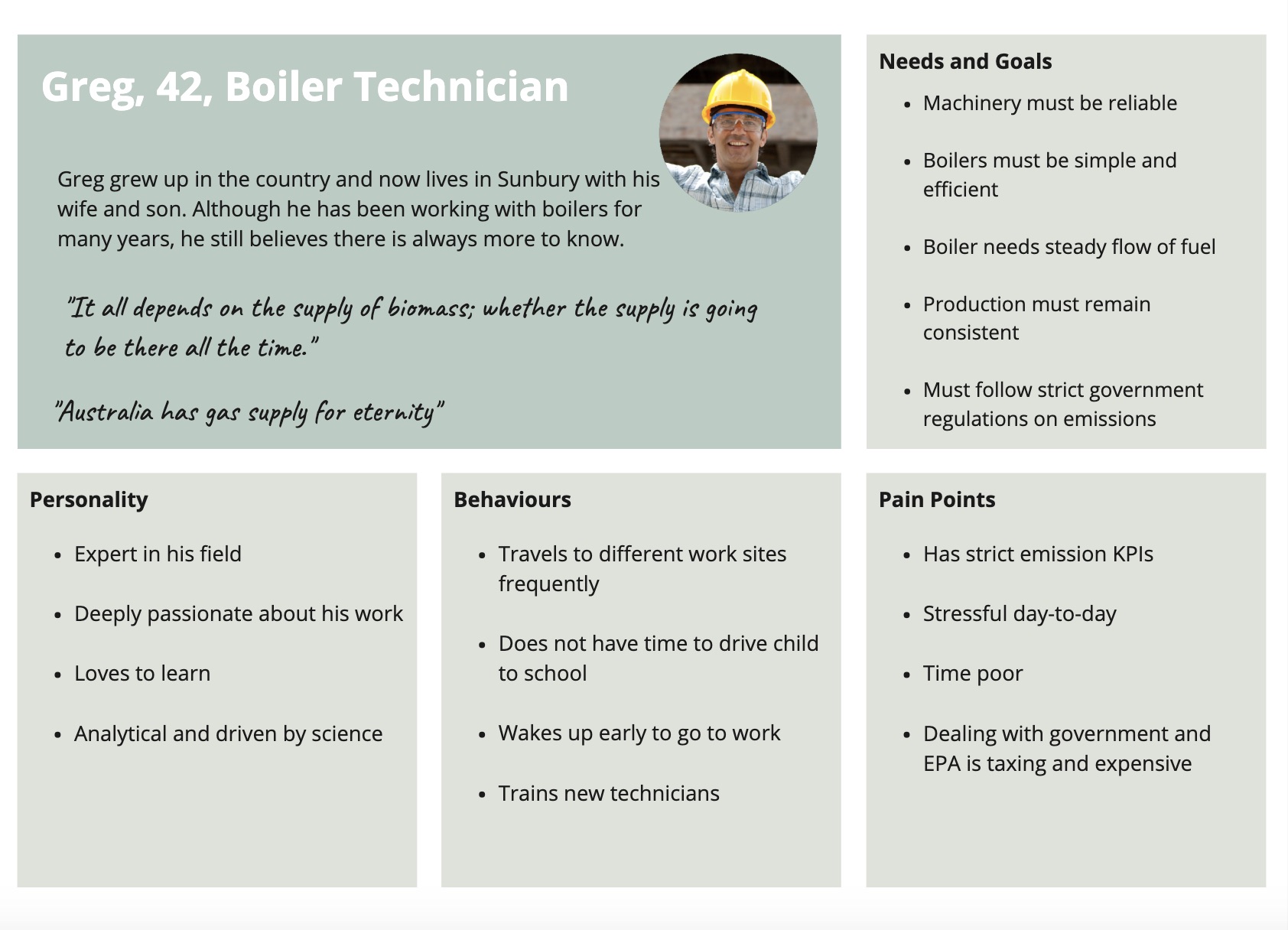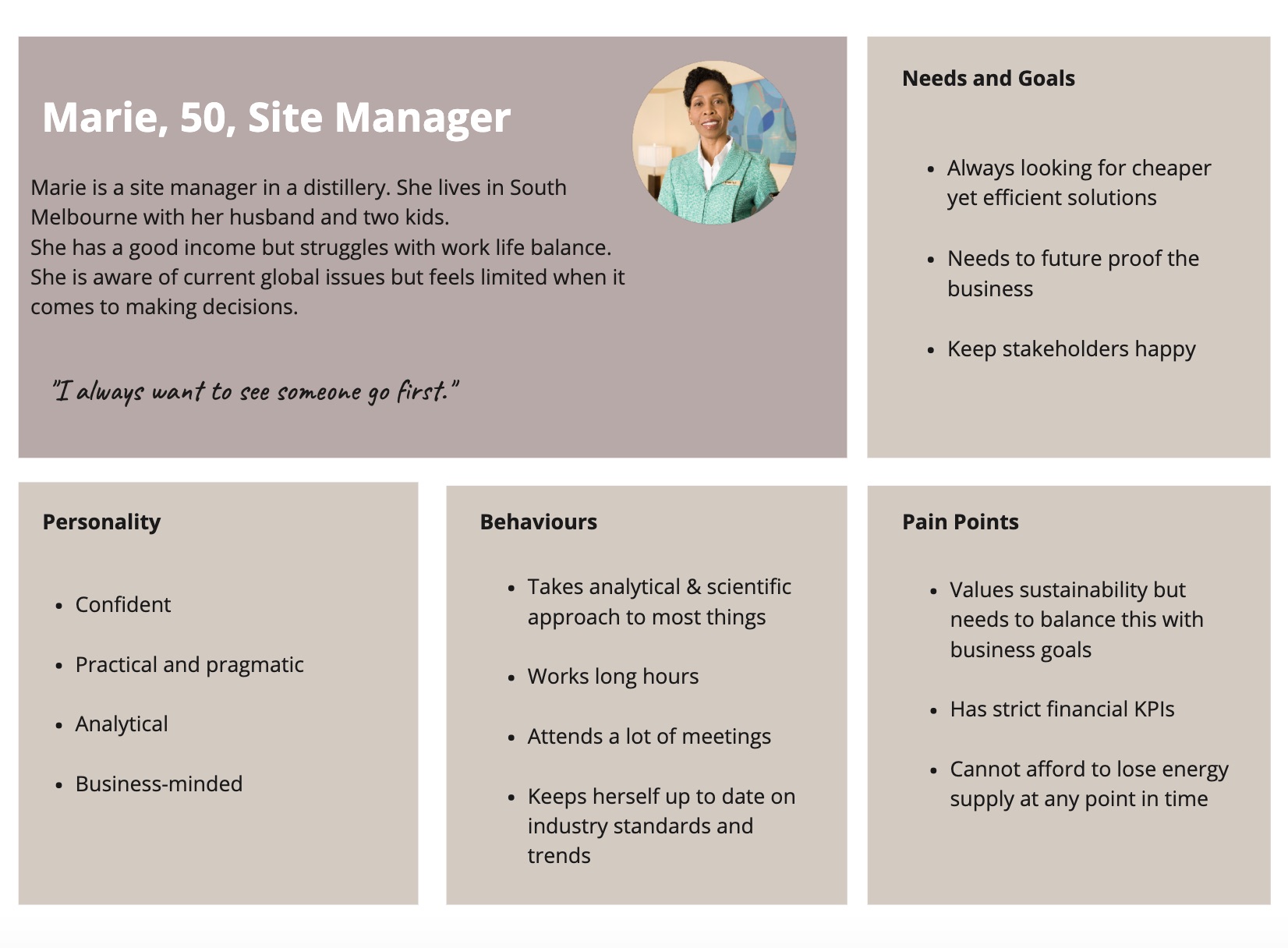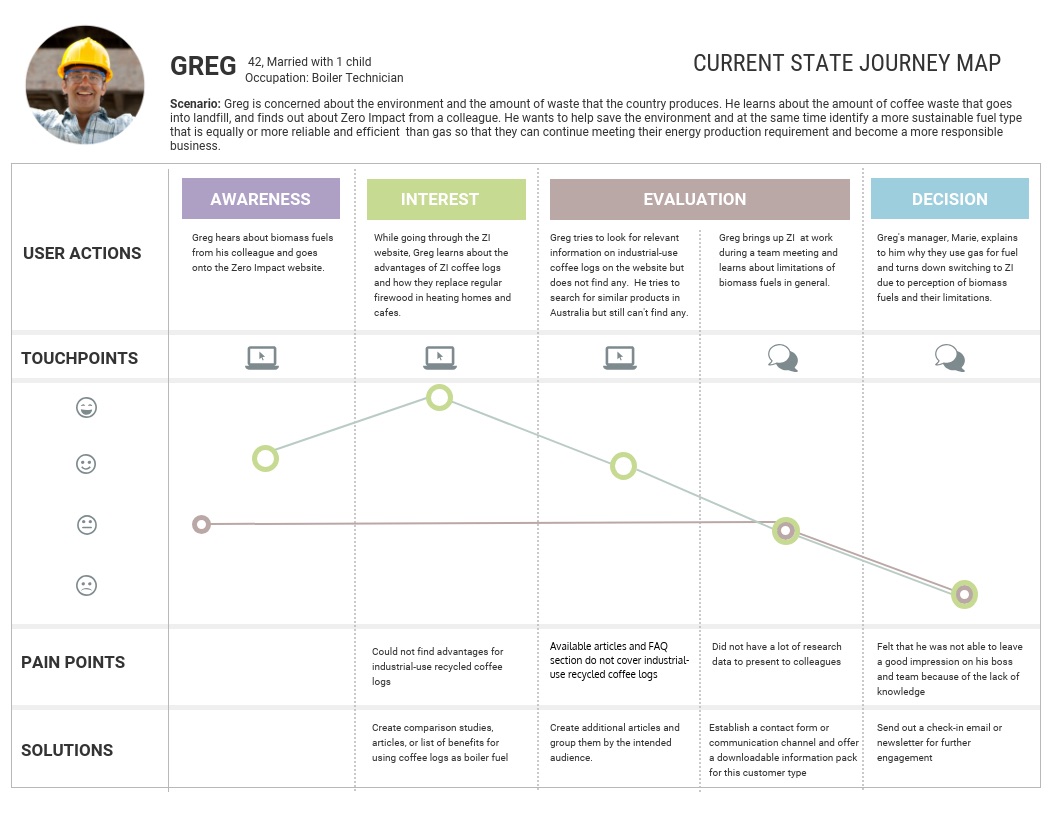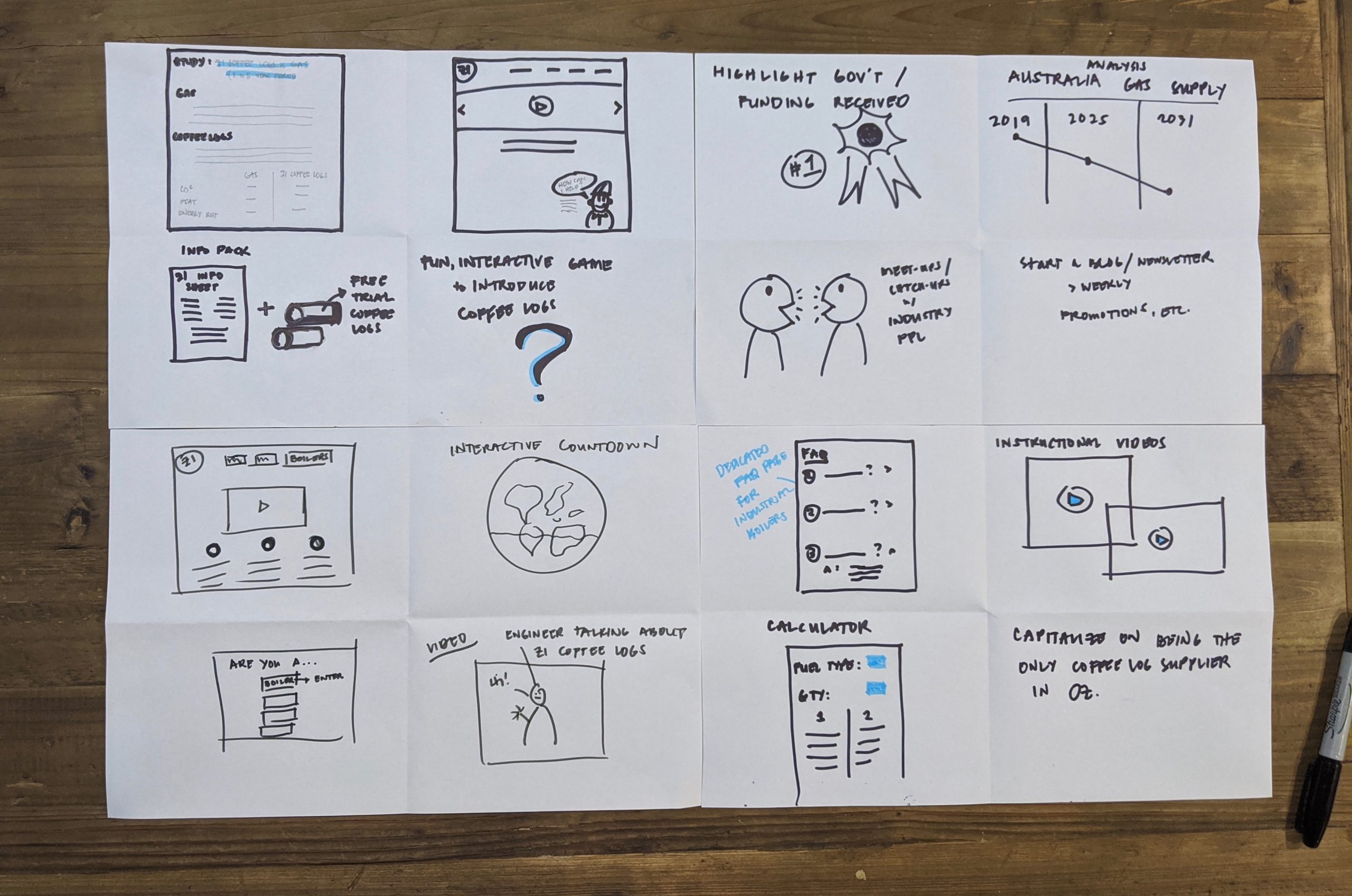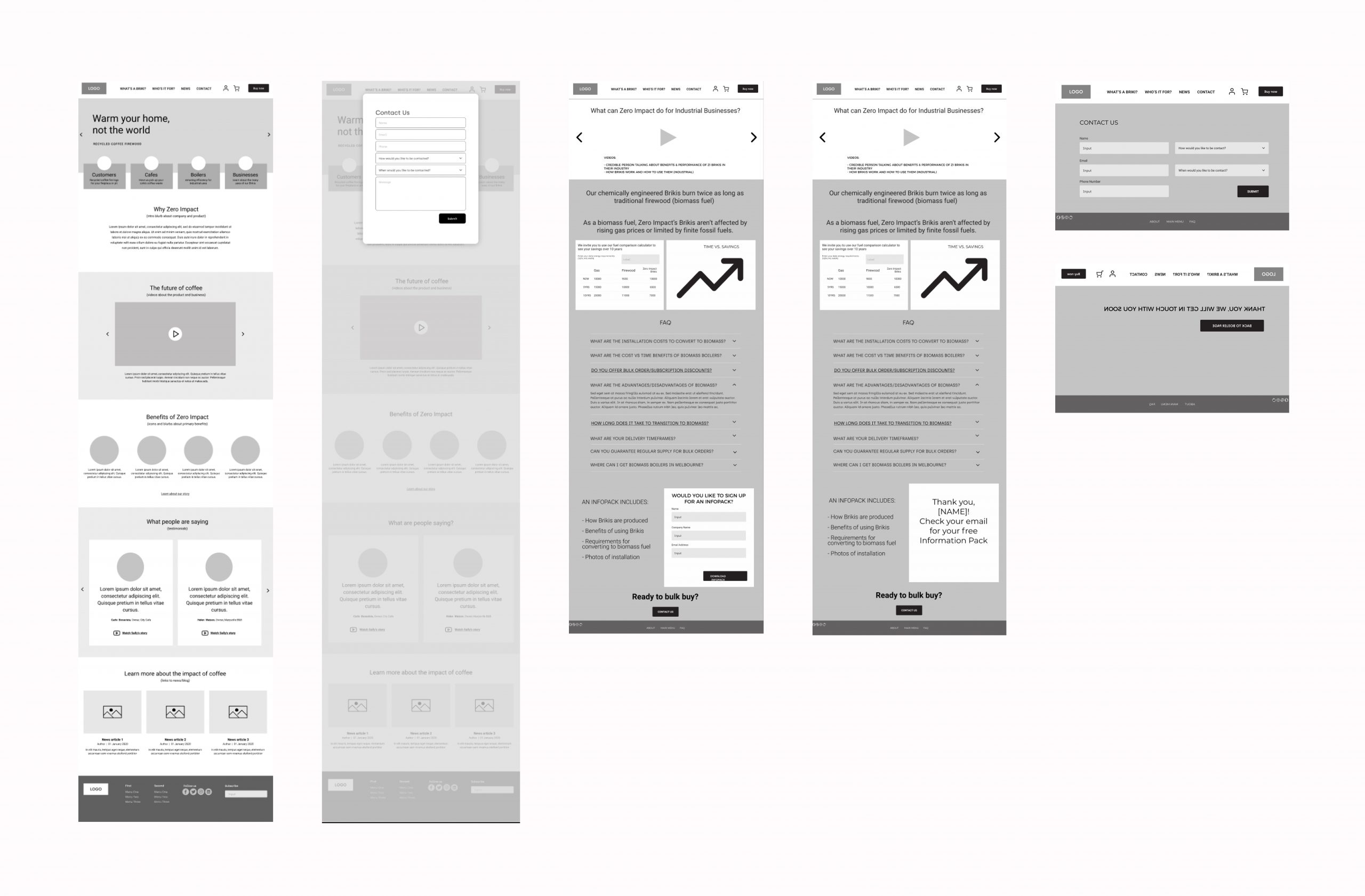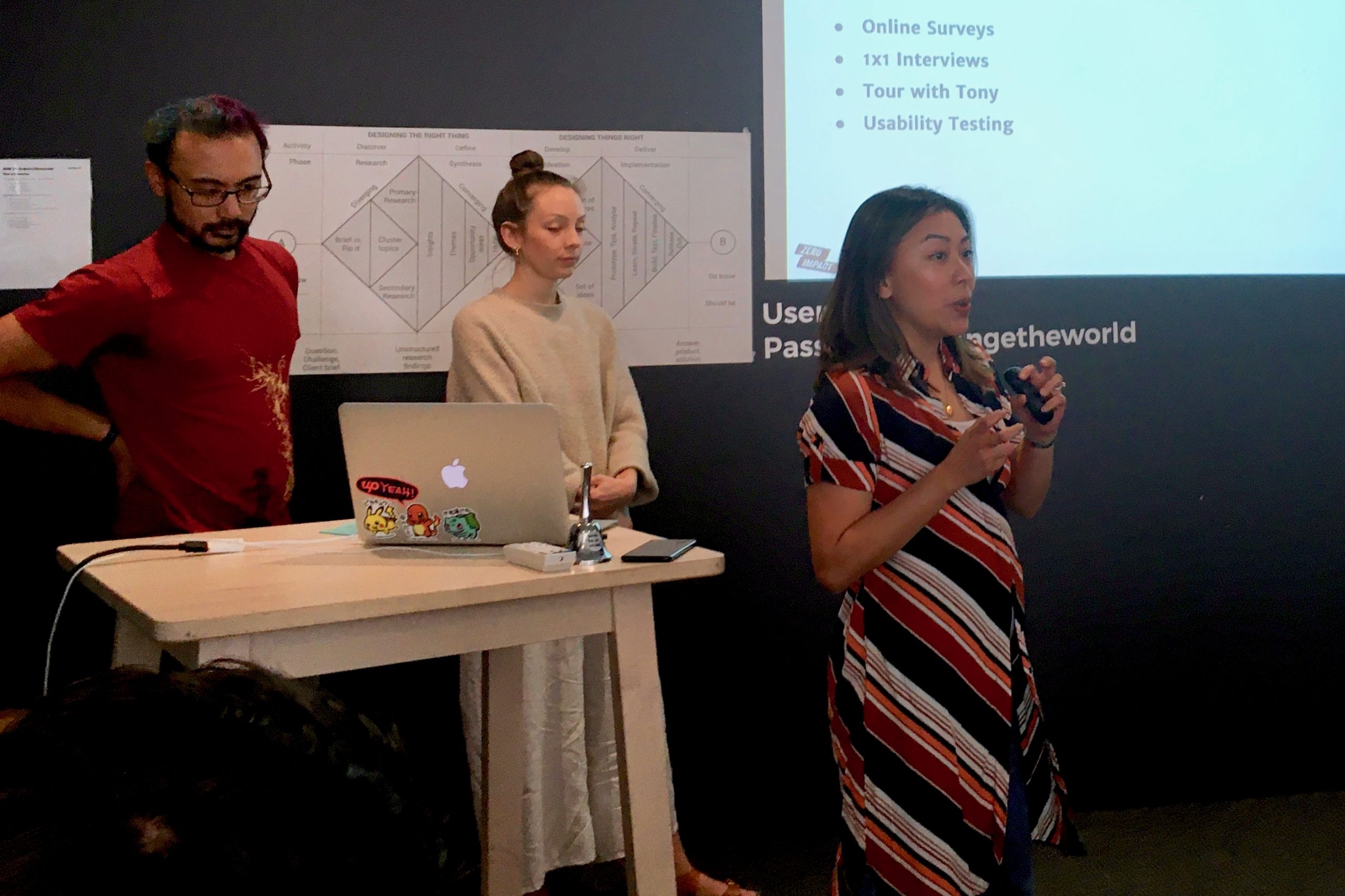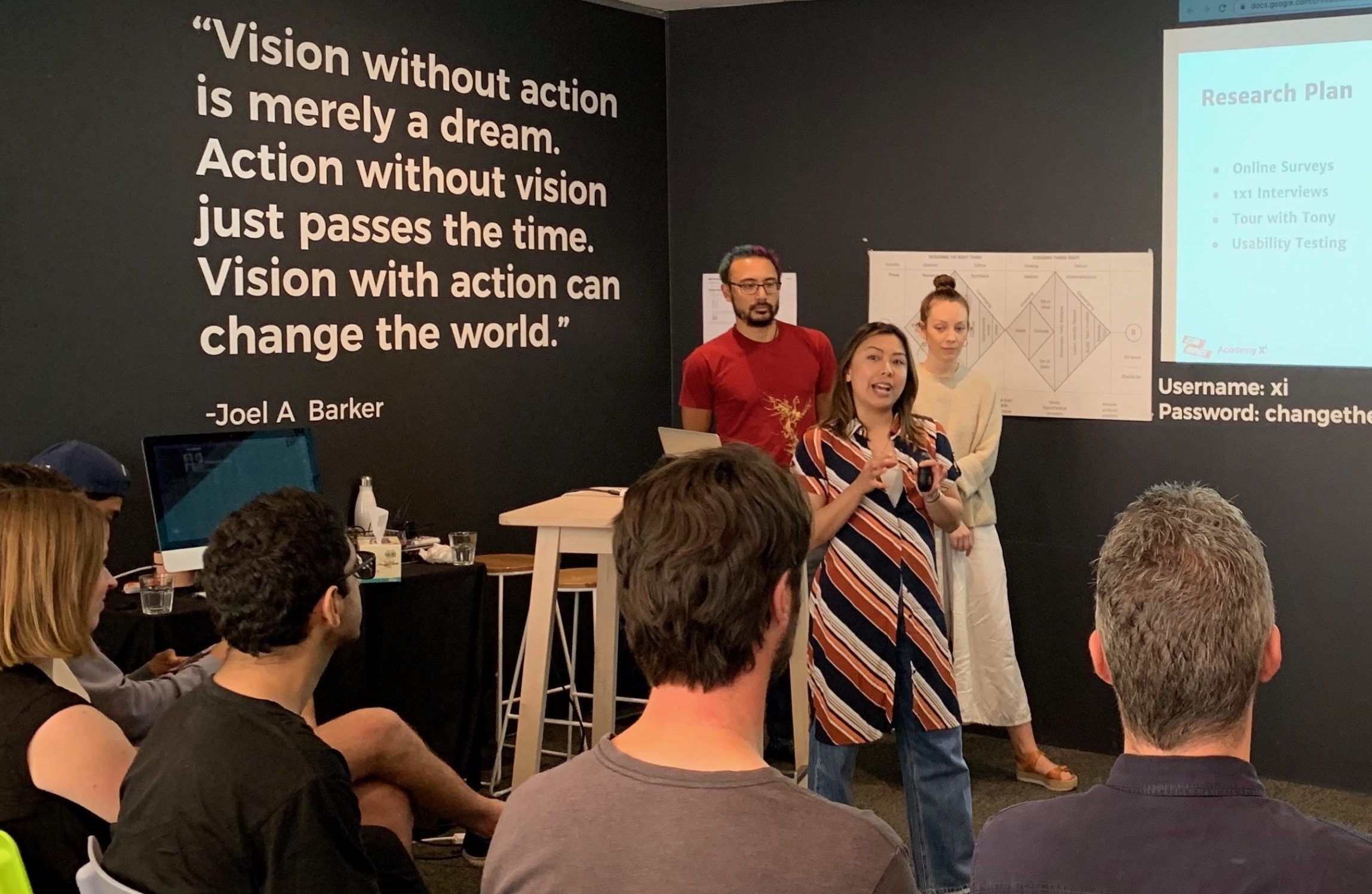The Client
Zero Impact is a clean energy start-up based in Melbourne. They are passionate about sustainability and are doing their part by diverting used coffee grounds from ending up in landfill. They turn these into coffee logs that burn hotter, longer, and produce less ash than firewood.
The Objective
We were tasked with conducting research into a new customer group, and ultimately build an efficient and beautiful website to self-serve this particular segment - industrial boilers - so that visits result in an inquiry, purchase or subscription.
Our Process
My Role
Our team of 3 consisted of 2 UX Designers and 1 Service Designer. We tackled a completely new customer segment for the client which meant we needed to conduct heavy research to define the customer group and the problem we needed to solve.
I was involved in all stages of the UX process but drove Research and Usability Testing and made sure that we find the right participants from various industries.
As team leader, I handled project management and client communication.
Research
Having no prior knowledge of this customer group, and realising that subject matter experts were always in the field meant that we faced quite a challenge right off the bat.
We got in touch with several councils and business groups all over Victoria to recruit participants.
Upon noticing that our survey was not getting as much feedback as we needed, we switched gears quickly by requesting boiler room tours and one-on-one interviews at whatever time the boiler operators and engineers were available.
Leads
Survey Responses
Interviews
Weeks
We decided to cast our net wide and tap into several industries:
An early morning tour of the Royal Melbourne Hospital boiler room:
Synthesis
After 8 days of recruiting participants and dedicated research, we wanted to make sense of all the insights we gathered as soon as we finished the hospital tour. We organised all the information we had via affinity mapping, and found patterns especially in our participants' perception of biomass vs their current choice of fuel.
Research Insights
We recognised that although our participants were from different industries, there was a clear common perception among all of them.
People did not know about coffee logs as a firewood alternative
There is a prevalent perception that Australia has unlimited gas supply
Operating biomass boilers need significantly more resources such as space, money and manpower
Supply of biomass fuels is not as reliable as gas
"Australia has gas supply for eternity"
"It all depends on the supply of biomass; whether the supply is going to be there all the time"
Client Check-in
Due to our research findings, we felt it necessary to update our client and collaborate with him on our next steps while still having our project objective in mind.
To ensure that we were on the same page, we also conducted a scoping framework workshop with him.
Personas
Based on the insights we discovered during synthesising, we recognised two personas - our primary persona Greg and secondary persona Marie.
Customer Journey Map
We focused on Greg's experience with the current Zero Impact website, and also showed how his journey intersected with his boss, Marie's.
"How might we provide upfront information that Greg needs and make it easy to find, so that he can quickly understand the benefits and make better-informed decisions?"
"Infopack content should be informative and easy to digest"
"FAQ section is great especially anything related to cost"
" I would like to be able to quickly gauge what is involved in converting to biomass and Zero Impact"
Usability Testing
We conducted guerilla and remote testing on 2 versions of the boiler webpage with 6 users.
The usability testing feedback helped shape the design, layout and content of our high fidelity mock up.
Because our users usually do not have time to sit in front of computers for a long time, being able to locate the information they need is highly important.
Seeing a dedicated page that details information related to the needs of their industry will entice them to stay longer on the website and read up on Zero Impact.
High Fidelity Prototype
We re-designed the homepage to show information that is relevant to all customer groups to decrease fallout when people visit the website. For quick access to their dedicated pages, we also added a "Who is it for?" item on the Main Menu, as well as icons for the 4 different customer archetypes under the hero image.
We then created a landing page for bulk users and let all the information that our research told us were important to this archetype to shape the layout and content for this dedicated page.
Because testing feedback showed that users felt it was too soon to invite them to purchase coffee firelogs, we prioritised educating website visitors on Zero Impact, their initiative, and the benefits of using coffee logs. Once they are ready to try the products, a buy now button will allow them to place an order quickly.
Finally, we made sure to follow the client's style guide for branding consistency.
High Fidelity Prototype Walk-through
Conclusion
As Zero Impact coffee logs are a first in the Australian market, our short term goal is to be able to provide quick and easily understandable information to help educate people, particularly in the industrial boiler group, about Zero Impact and their initiative. Once they are ready to purchase, the website makes it easy to place an order.
We walked the client through the entire process, presented our final prototype as well as our recommended next steps:
- Conduct tests on ZI coffee logs vs. gas vs. wood waste vs. electricity, etc. to populate fuel savings calculator
- Film video to feature on boiler landing page
- Assemble Infopack for automated send out
- Develop and test a login portal for businesses & boiler customers where they can login and manually order or automate their orders
- Further testing website with boiler customers
Takeaways
The initial idea after the client brief was to build a page for industrial users to drive them to bulk-buy coffee logs. However, what research showed us was to prioritise educating our target market about the company and their initiative before anything else. We quickly learned not to fall in love with a solution and to follow where our research lead us instead.
Because our customer archetype was a tad more difficult to find, we needed to get creative and be more resourceful when recruiting research participants and testers. We got in touch with farmers' associations, manufacturing councils, and local councils. We also utilised Reddit and Facebook ads and groups.
